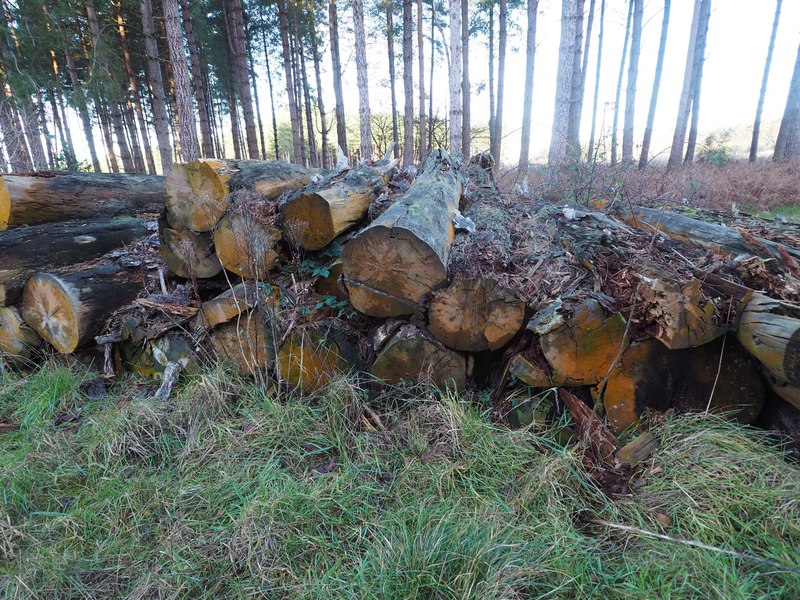
Today’s hymn from Sing Praise is “Lord of all Worlds” by Christopher Ellis. Like yesterday’s (“Let all creation dance”) it’s a celebration of God’s goodness in creation. Like St Francis of Assisi’s ‘canticle of creation’, it covers the beauties of sun and stars, earth, wind and sea, fish and birds (but no mention here of land animals).
There is a problem with this and many similar hymns, which is that we only praise God for “all things bright and beautiful”. I’ve seen several internet memes that suggest alternative verses to that hymn such as Monty Python’s “All things dull and ugly, all creatures short and squat, all things rude and nasty, the Lord God made the lot”. We must acknowledge that the created world is “red in tooth and claw”, and by no means all beautiful or useful to humanity.
We are of course partly responsible for earth’s problems. The “glittering shoals flash[ing] through the rippling water” now have plastic in their stomachs, and the “wind that rushes through the heavens” is getting stronger, more destructive and the air more polluted as a result of our burning fossil fuels. Humanity has fallen far short of God’s intention for a sustainable world.
But even allowing for a theology of ‘fallen creation’ in which the evil of deliberate or even unintentional destruction and harm had no place in God’s original plan, the problem still remains. Imagine Eden before the fall, full of ripe fruit and seeds for Adam and Eve to eat. There must have been bees to pollinate the trees, and did they never sting the naked bodies of the blissful couple? Would the trees not still have fallen, rotted and been recycled by bugs (the recent trend for ‘bug hotels’ does at least recognise the importance of insects) ? The serpent in the story perhaps acknowledges that less attractive, and potentially harmful, creatures were there from the start. And how many people down the millennia have been killed by natural events such as volcanoes, floods and hurricanes?
Any rendition of “all things bright and beautiful” or the present hymn, therefore, should (at least for an adult congregation) be balanced by recognising the complexity of creation in which the bugs and snakes are as loved by God as the lambs and kittens, and in which mountains cannot appear without earthquakes nor fertile land without flooding. We praise and adore God for the wonder of this complex creation of which we are part, but confess our humility at being such a small part in it, our gratitude for being entrusted with its stewardship, and our guilt at failing to do so to the best of our ability.